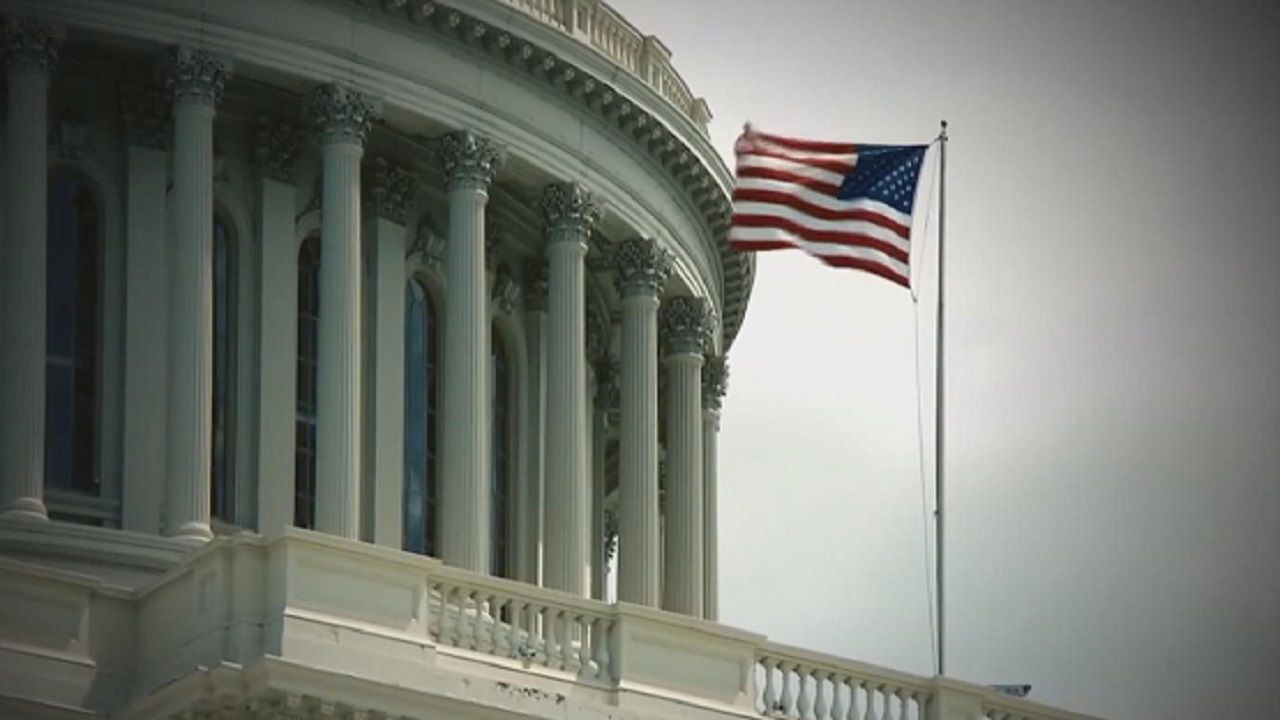TAMPA, Fla. — With more than three million people filing for unemployment benefits last week, Tampa Democratic U.S. Rep. Kathy Castor says the $2 trillion stimulus bill that the House is poised to pass on Friday is a giant step towards addressing the looming economic crisis.
RELATED STORIES:
- How Floridians Can Get Relief from the Coronavirus Stimulus Package
- Senate Unanimously Passes $2T-Stimulus Package Amid Coronavirus Outbreak
- More coronavirus stories
Castor laid out the biggest facts for working people in the bill – how every single individual making less than $75,000 and every couple making less than $150,000 will get a check from the government. For individuals it will be $1,200, for couples $2,400.
For couples with children, there will be an additional $500 per child. So a family of four could receive up to $3,400.
“This is an incentive for you to stay home and make sure you don’t collapse under the weight of not being paid,” she said on a conference call Thursday afternoon.
Castor also said the bill will provide unemployment checks for those laid off because of the novel coronavirus pandemic, and citizens relying on Social Security as their primary income because they’re retired or on disability will also receive a cash payment of $1,200.
Building on Florida's unemployment assistance
Castor noted that Florida has the “stingiest” unemployment insurance program in the country, where workers can receive a maximum of $275 a week for 12 weeks.
The Florida Democratic Congressional delegation has been pressuring Gov. Ron DeSantis to extend that program along the lines of most other states, which generally provide benefits for 26 weeks.
Castor says the bill provides those eligible an additional $600 per week on top of their state benefit for 13 weeks.
“It’s really intended to replace people’s paychecks, intended to match their wages,” she said. “We’re essentially paying people not to work to slow the spread of COVID-19 and save lives.”
And for the first time ever, the bill will offer unemployment benefits for freelancers, self-employed workers and independent contractors.
“They’re encouraged to go apply for unemployment insurance with the state of Florida’s Department of Economic Opportunity. Tipped workers? Same thing,” she said.
Helping small businesses
Turning to small businesses, Castor said companies with 500 employees or less can get emergency bridge loans if they promise not to lay off their workers.
She said those loans will be converted to direct grants if they keep those workers on staff or re-hire them.
“So that will help thousands of companies survive. It will help them pay rent benefits. It will help them pay utility payments, and most importantly, help them stay connected with their employees,” she said.
Despite the fact that this bill is the most expensive congressional proposal ever, many lawmakers believe that they may have to pass yet another stimulus bill in the coming months.
That will depend on how bad the economic fallout becomes as the country works on trying to combat the virus by social distancing.



